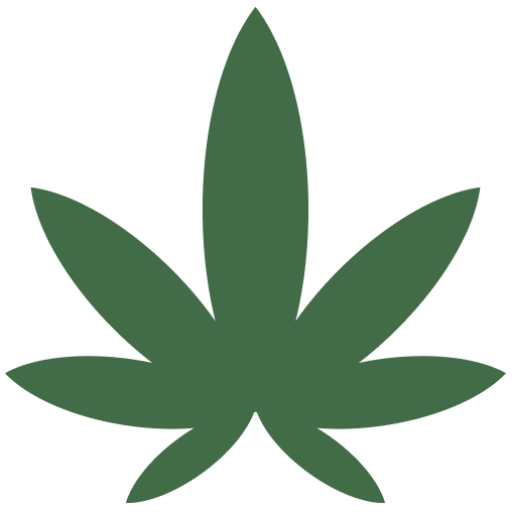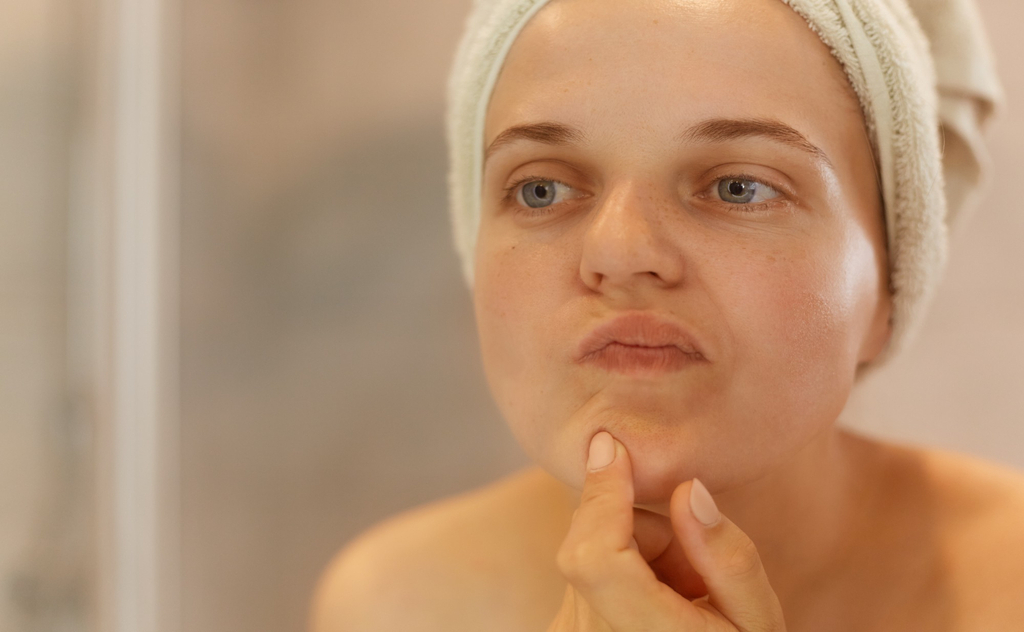Oily skin can be a tricky companion, but meeting this challenge with the right care routine can make all the difference.
This skin type is characterised by excess sebum production, which can lead to clogged pores, acne and an unwanted shine.
Do you often experience this unpleasant feeling? Fear not: there are targeted strategies and products to keep your skin under control and achieve a healthy, glowing complexion again.
In this article we have collected a number of practical tips and effective solutions for taking care of oily skin. From choosing the right products to specific cleansing routines, you will discover how to manage excessive sebum production without compromising essential hydration.
No matter if you are a novice or a skincare expert, this guide will help you fine-tune your routine for healthy, balanced and excess-free skin. More importantly, it will help you choose the right products with which to care for your skin every day.
-
Product on sale
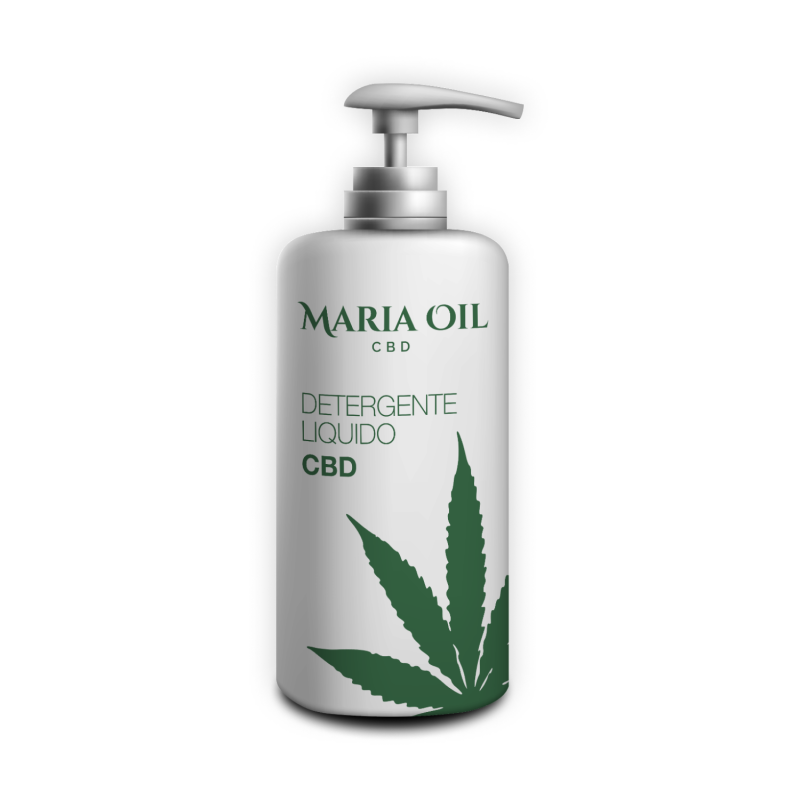 CBD Face and Neck CleanserOriginal price was: £24.00.£9.60Current price is: £9.60.
CBD Face and Neck CleanserOriginal price was: £24.00.£9.60Current price is: £9.60. -
Product on sale
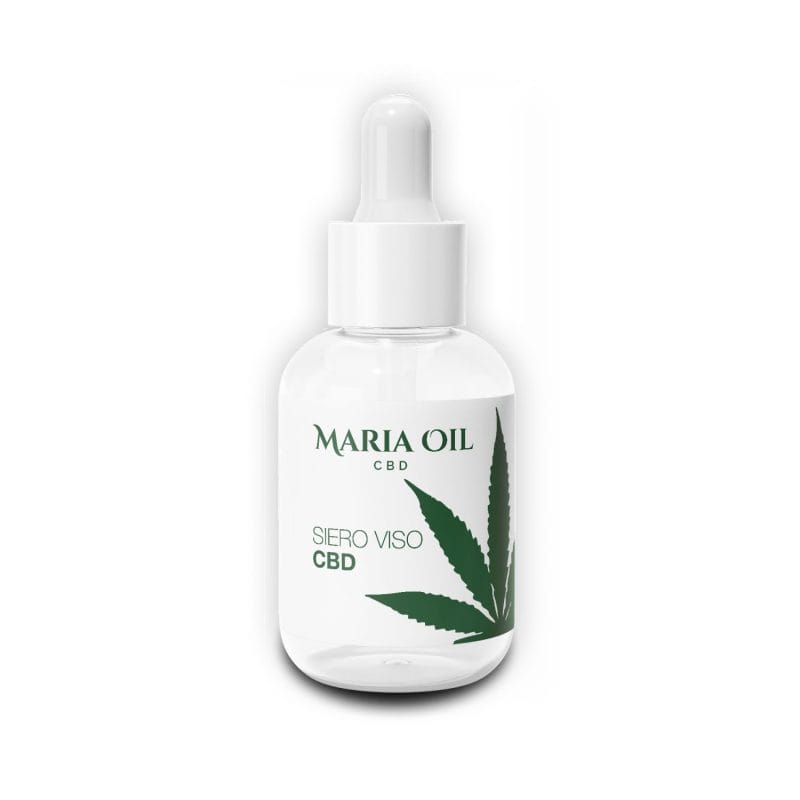 CBD Face SerumOriginal price was: £31.00.£12.40Current price is: £12.40.
CBD Face SerumOriginal price was: £31.00.£12.40Current price is: £12.40. -
Product on sale
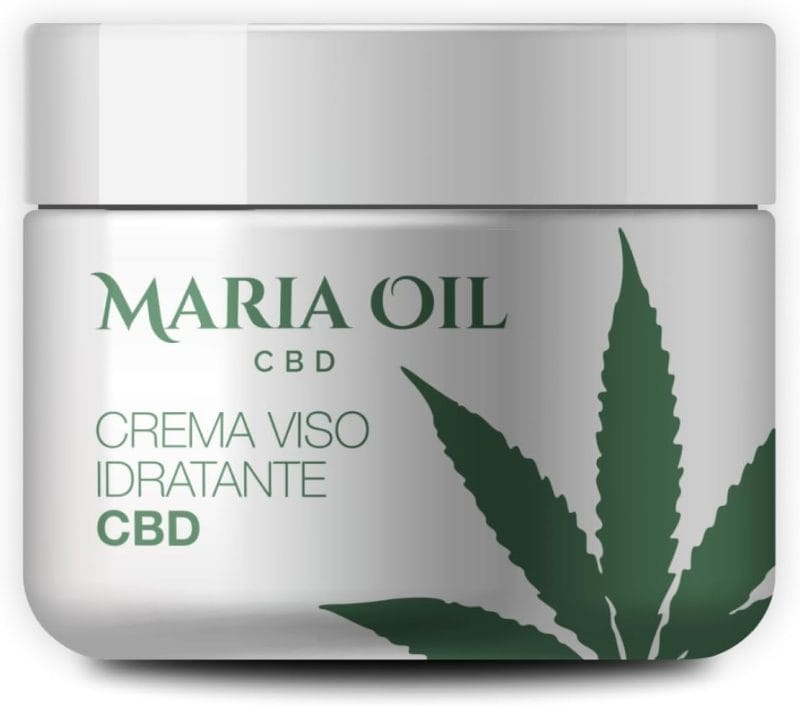 CBD Moisturising Face CreamOriginal price was: £27.00.£10.80Current price is: £10.80.
CBD Moisturising Face CreamOriginal price was: £27.00.£10.80Current price is: £10.80.
What does it mean to have oily skin?
Having oily skin means that the sebaceous glands overproduce sebum, a natural oil that helps moisturise and protect the skin from moisture and infection. However, in excess, it can make the skin shiny, oily and porous.
Oily skin is more common in young people, but can also occur in adults. Just as we can find oily skin in men and women, sometimes for different causes.
Having oily skin means, for biological or environmental reasons, never really feeling good about your face, especially when you are with others. Let’s see how to recognise oily skin, how to manage it and how to eliminate the blackheads that often characterise it.
How to recognise oily skin?
You may suffer from oily skin without being fully aware of it until you find yourself in certain environmental situations in which this characteristic is accentuated.
Excessive sebum production can lead to several distinctive signs and symptoms, including:
- Shine and brightness: oily skin tends to shine, especially in the forehead, nose and chin area, known as the T-zone;
- Increased porosity: pores on oily skin may appear larger and dilated;
- Blackheads: blackheads are black or white spots that form when sebum accumulates in hair follicles;
- Propensity to acne: due to increased sebum production, oily skin is more prone to acne, including blackheads, pimples and blackheads;
- Greasy feeling: the skin may feel oily to the touch and may be associated with a feeling of heaviness;
- Make-up fading: make-up may tend to fade more easily on oily skin, requiring more frequent touch-ups.
So these are the characteristics of oily skin from which you can work out what kind of products to look for in your daily beauty routine.
Oily skin types
Oily skin is commonly referred to as oily skin, the main symptoms of which refer in most cases to those described. However, to find the best treatment, you should know that there are different types of oily skin:
- Oily: skin with an excessive production of sebum, making it shiny and oily; pores are dilated and visible and comedones and acne may be present;
- Asphytic: sebum accumulates in the hair follicles, making the skin rough and dehydrated;
- Seborrheic: very oily skin, with dilated pores and blackheads and whiteheads.
Furthermore, oily facial skin can be further subdivided into:
- Combination skin: excessive sebum production in the T-zone, while the other areas are normal or dry;
- Diffuse oily skin: excess sebum is spread evenly over the entire face.
Oily skin can be treated with a combination of skin care products, medication and lifestyle changes. Skin care products for oily skin should be free of oils and waxes, and should help control sebum production and reduce dullness.
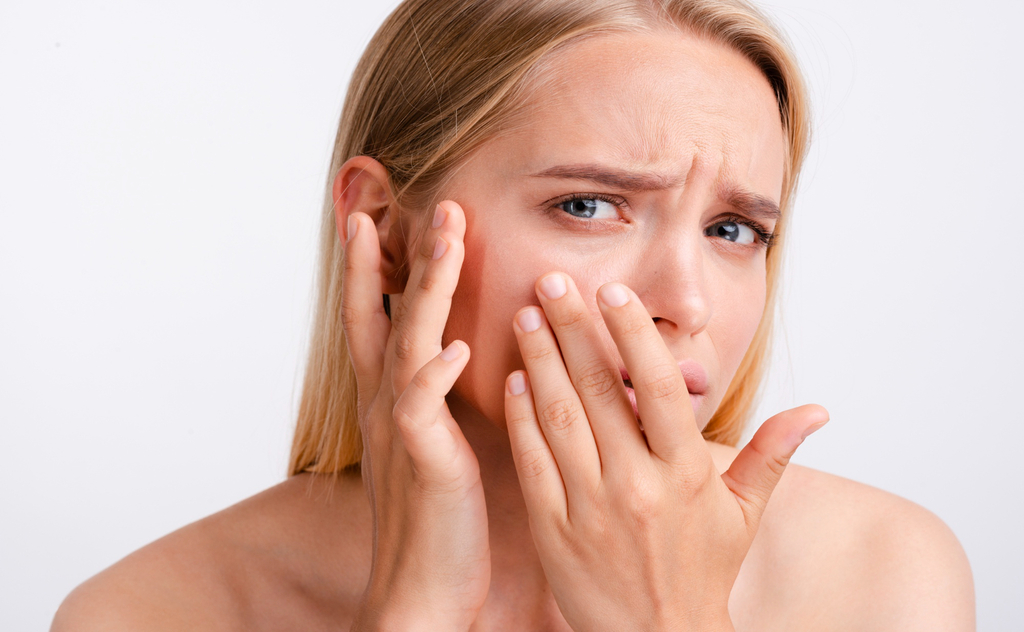
Causes of oily skin
The causes of oily skin can be divided into three main categories: internal factors, external factors and lifestyle factors.
Internal factors include:
- Hormones: androgens stimulate sebum production, which is why oily skin is more common during puberty, pregnancy and menopause, periods when androgen levels fluctuate;
- Genetics: if your parents have oily skin, there is a higher chance that you have it too, although it is not a mathematical rule;
- Skin sensitivity: some people have skin that is naturally more sensitive to stimulation of sebum production.
Then there are the external factors:
- Climate: excessive heat and humidity can accentuate sebum production, which is why oily skin can worsen during summer or in tropical climates;
- Skin care products: using inappropriate or overly aggressive skin care products can irritate the skin and stimulate sebum;
- Cosmetics: some cosmetics can clog pores and worsen the appearance of oily skin.
Finally, lifestyle factors also play a role:
- Diet: a diet rich in saturated fats and sugar can contribute to sebum production;
- Stress: stimulates hormone production;
- Lack of sleep: can weaken the skin barrier and aggravate oily skin.
It is important to remember that these causes can act in synergy. For example, if you have a genetic predisposition to oily skin and live in a hot climate, your skin may be oilier than someone with the same genetic predisposition but living in a cooler climate.
Natural products for oily skin care
The choice of products is essential in the management of oily skin. First of all because the wrong products, as we have seen, can aggravate the problem. Secondly, because the right products, on the other hand, can help you deal with this particular skin type.
There should therefore be a whole range of products in your routine, each with a different purpose.
Cleanser
Let’s start with the cleanser, essential to keep the skin clean and avoid redness or inflammation. A must-have product in your bathroom.
A mild cleanser for oily skin should be free of oils and waxes and have a neutral pH value.
Some natural cleansers for oily skin that you can try include:
- Coconut oil: has antibacterial and antifungal properties that can help fight skin infections;
- Sodium bicarbonate: with exfoliating properties that can help remove dead skin cells;
- CBD: active ingredient extracted from cannabis with anti-inflammatory, antiseptic, soothing and moisturising properties; there are CBD cosmetics for all skin types;
- Aloe vera: helps soothe irritated skin and reduce sebum production.
You can use the cleanser for oily skin as often as you feel the need to wash. Please remember that it is very important to choose a dermatologically tested product for this skin type.
-
Product on sale
 CBD Face and Neck CleanserOriginal price was: £24.00.£9.60Current price is: £9.60.
CBD Face and Neck CleanserOriginal price was: £24.00.£9.60Current price is: £9.60.
Tonic
An astringent tonic can help remove excess oil from the skin and tighten pores.
As a tonic you can use:
- Rose water: a natural astringent tonic that has antibacterial and anti-inflammatory properties;
- Green tea: another good option, it has antioxidant and anti-inflammatory properties that can help improve the appearance of the skin;
- Baking soda: mix one teaspoon of baking soda with two tablespoons of water to create a watery solution, apply the solution to the skin with a cotton ball.
Facial toner is used after cleansing the face, to remove any residual make-up or dirt and to rebalance the pH of the skin.
In general, it is recommended to use the toner twice a day, in the morning and in the evening. However, if you have oily skin, you may want to use it more often, even three or four times a day.
-
Product on sale
 CBD Face SerumOriginal price was: £31.00.£12.40Current price is: £12.40.
CBD Face SerumOriginal price was: £31.00.£12.40Current price is: £12.40.
Exfoliant
Exfoliating the skin regularly can help remove dead skin cells and reduce clogged pores. This can help improve the appearance of the skin, making it look brighter, more even and smoother.
Here are some natural remedies for oily skin:
- Sodium bicarbonate: you can use it both as a toner and as an exfoliant;
- Oat bran: you can make a paste by mixing two tablespoons of oat bran with two tablespoons of water and apply it to the skin using circular movements;
- Brown sugar: is another effective natural exfoliant.
In general, it is recommended to use the exfoliant once a week. However, if you have sensitive skin, you may want to use it less often, e.g. once every two or three weeks.
Moisturising cream
A moisturising cream is important to keep the skin hydrated without clogging the pores.
As a formulation you can choose:
- CBD: you can also get all the benefits of CBD cosmetics through a face moisturiser;
- Aloe vera: in its purest form it has moisturising properties and is absolutely natural;
- Jojoba oil: has a similar composition to the sebum produced by the sebaceous glands and can help balance its production and keep the skin moisturised;
- Coconut oil: is rich in saturated fatty acids that can help soothe irritated skin and reduce sebum production.
If you have oily skin, you may want to choose a non-comedogenic moisturiser that does not clog pores. Use it in the morning to protect your skin from the elements, such as wind and sun. It can also prepare the skin for applying make-up. You can then use it in the evening to prepare the skin for night-time regeneration.
-
Product on sale
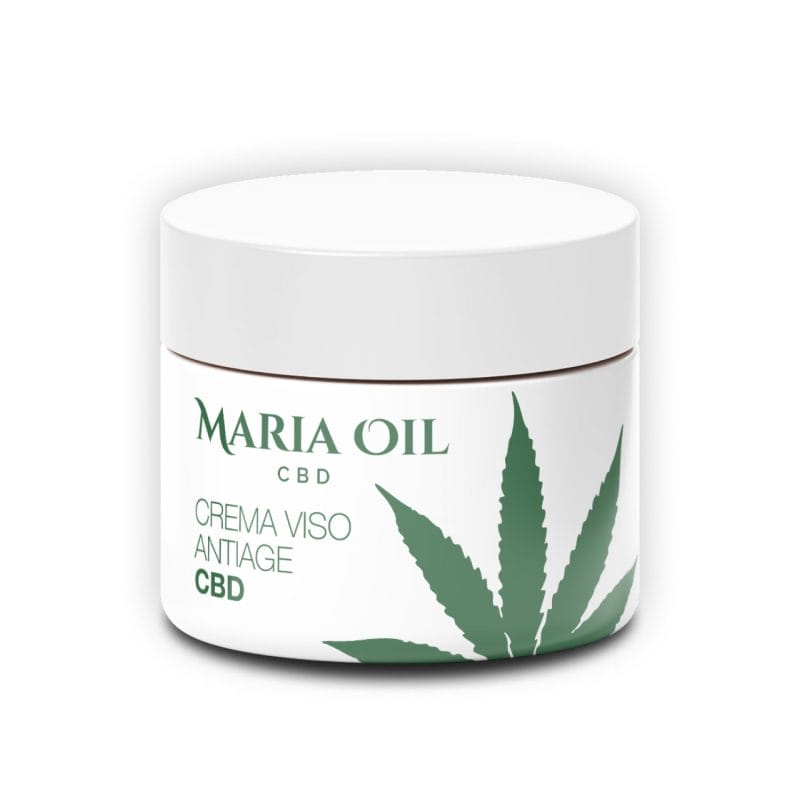 CBD Anti Ageing Face CreamOriginal price was: £31.00.£12.40Current price is: £12.40.
CBD Anti Ageing Face CreamOriginal price was: £31.00.£12.40Current price is: £12.40. -
Product on sale
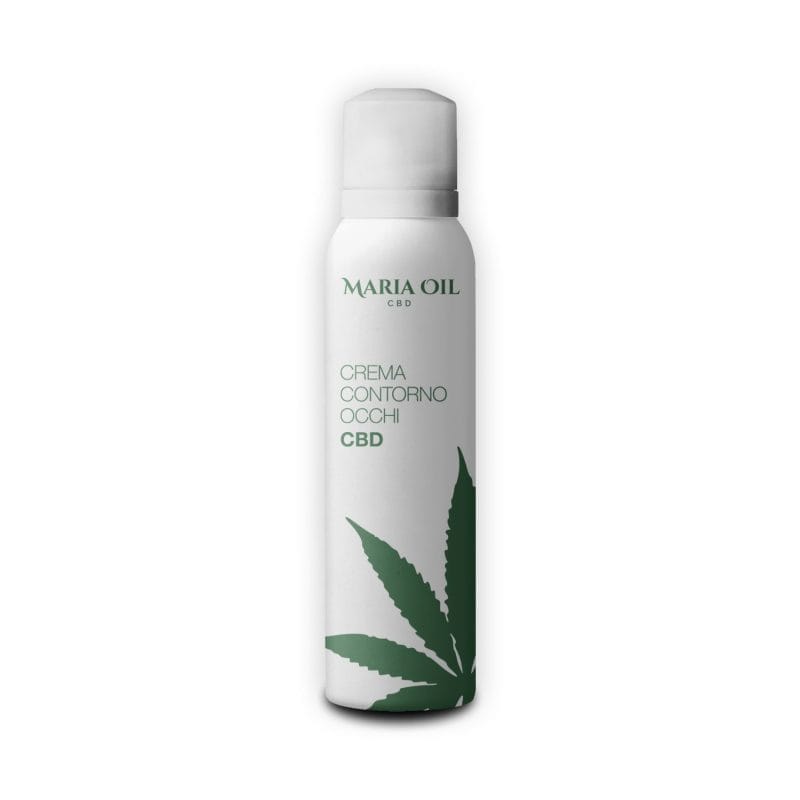 CBD Eye CreamOriginal price was: £11.00.£4.40Current price is: £4.40.
CBD Eye CreamOriginal price was: £11.00.£4.40Current price is: £4.40. -
Product on sale
 CBD Moisturising Face CreamOriginal price was: £27.00.£10.80Current price is: £10.80.
CBD Moisturising Face CreamOriginal price was: £27.00.£10.80Current price is: £10.80.
Essential oils
Some essential oils have antibacterial and anti-inflammatory properties, which are very useful in cases of inflammation or actual acne.
Here are some of the most common ones for oily skin:
- Lavender: calming and soothing that can help reduce inflammation and irritation;
- Geranium: has astringent and purifying properties, can help reduce excess sebum and astringe pores;
- Bergamot: has antibacterial and antifungal properties, can help fight acne and other skin infections;
- Lemon: is astringent and purifying, can reduce excess sebum;
- Green tea: is an anti-inflammatory and antioxidant.
When using essential oils for oily skin, it is important to dilute them with a carrier oil, such as jojoba oil or sweet almond oil. Or choose an already diluted oil such as CBD oil. This will help prevent skin irritation.
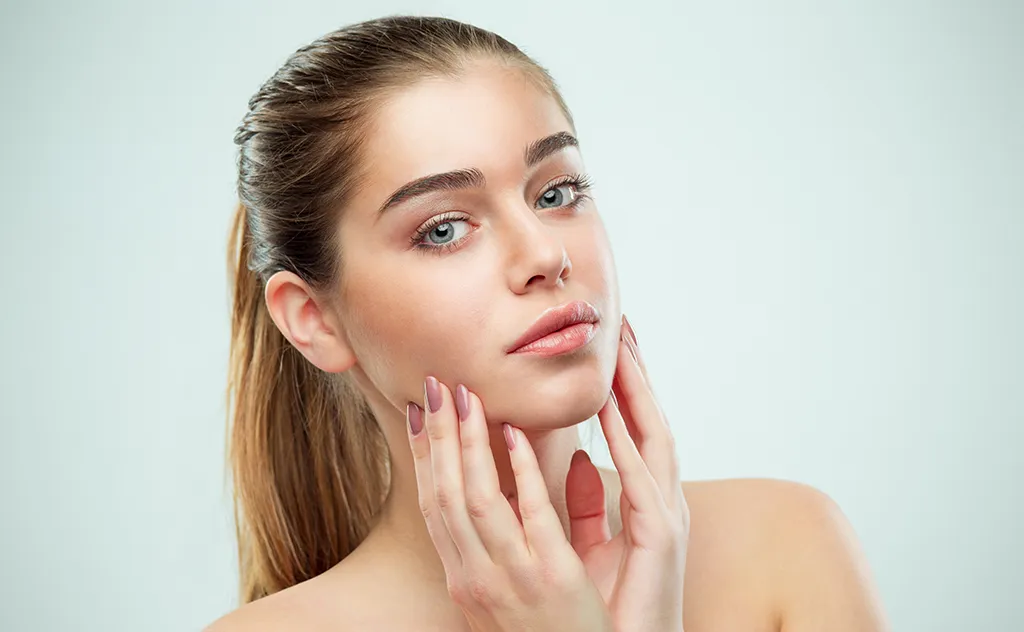
Useful tips for preventing excessive sebum production
Managing oily skin requires a combination of products and daily practices to prevent excessive sebum production.
Here are some useful tips that you can follow throughout the day:
- Adequate hydration: keep your skin hydrated both through appropriate natural products and by drinking enough water;
- Use non-comedogenic products: opt for skin care products labelled ‘non-comedogenic’ to avoid clogging pores and increasing sebum production;
- Daily sun protection: apply a broad-spectrum sun filter with at least SPF 30 when you plan to spend time outdoors;
- Clay masks: clay masks can help absorb excess oil and cleanse pores, it also helps remove blackheads; use once or twice a week;
- Avoid frequent contact with your face: avoid touching your face, as your hands can transfer oil and bacteria to your skin, contributing to problems such as acne;
- Balanced diet: reduce consumption of foods high in saturated fats and refined sugars, and try to include foods rich in antioxidants and omega-3 fatty acids;
- Stress management: practice relaxing techniques such as yoga or meditation to maintain hormonal balance.
If oily skin persists or is accompanied by severe skin problems, consult a skin specialist, such as a dermatologist, for personalised advice and treatment.
Beauty routines for oily skin
Adopting a natural beauty routine for oily skin is essential to maintain a healthy balance and glowing skin. The key is to find a balanced approach, avoiding aggressive products that might cause the skin to overreact.
In the morning, you can cleanse your face, use an astringent toner, moisturise and prepare your face for the day with a suitable sunscreen. At night, before going to bed, remember to do a double cleanse to remove make-up and impurities accumulated during the day, exfoliate the skin and once or twice a week prepare a clay mask.
The natural beauty of oily skin can be enhanced with a targeted and conscious routine, enabling each of us to address the specific challenges of this skin type effectively and sustainably over time.
 Contact us
Contact us 




